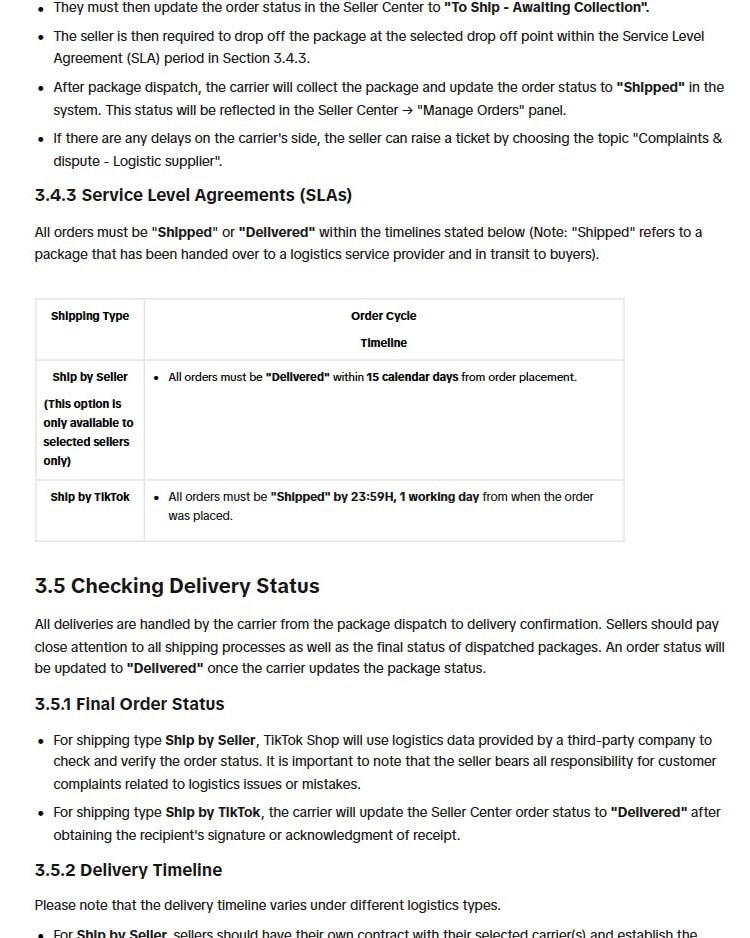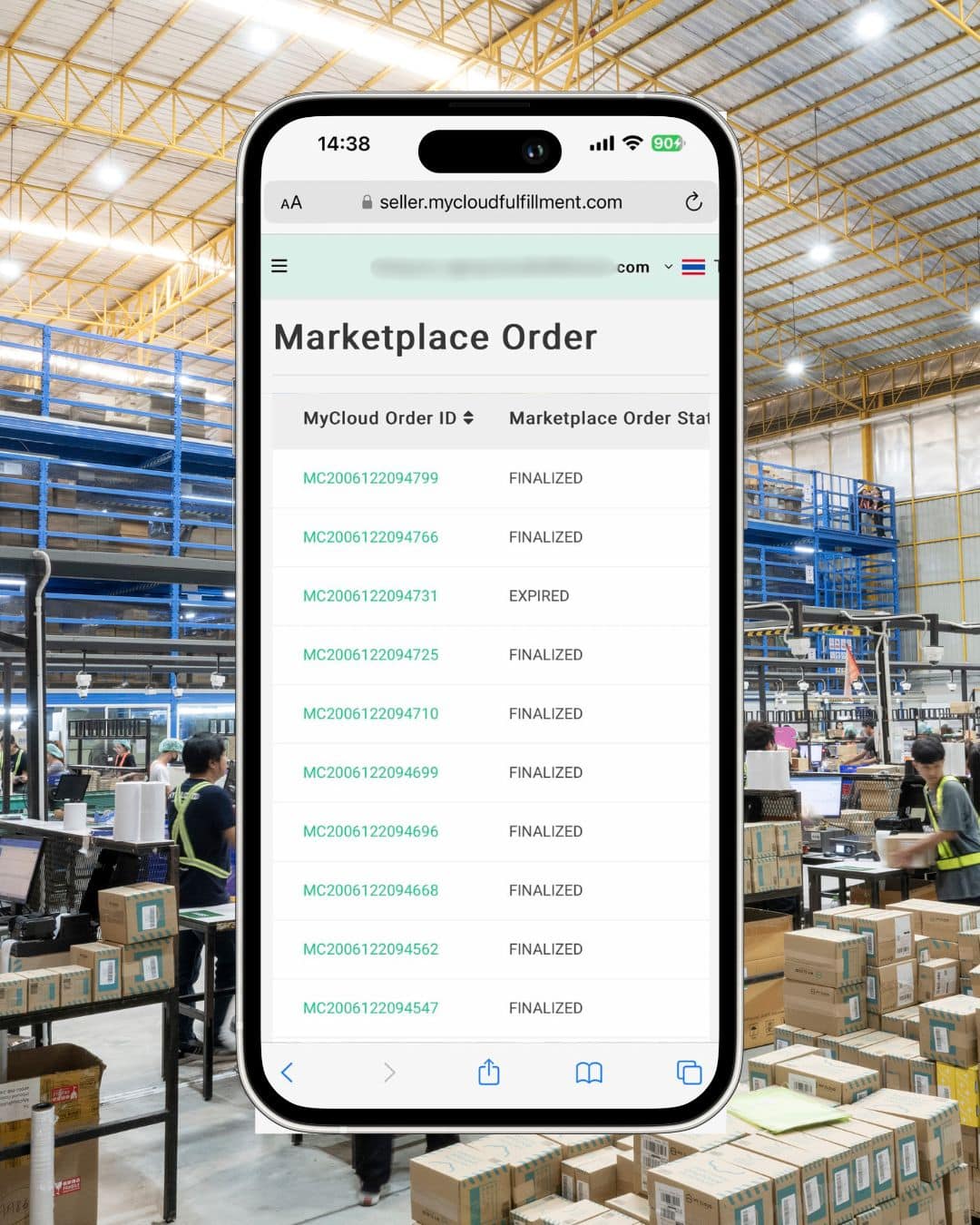Order management
SLA Management: Managing Orders According to SLA Requirements

SLA (Service Level Agreement) in online sales refers to the service agreement between the seller (the service-providing store) and the buyer (the customer). Stores must manage orders and ship products to customers within the timeframe set by the platform’s SLA. The SLA outlines the quality and performance standards of the service that customers should receive, making its importance equal to customer satisfaction.

Reasons Why Stores Fail to Meet SLA Requirements

Managing Multi-Channel Orders During Order Spike
Selling across multiple channels with different SLA requirements can create confusion when prioritizing orders, especially during campaigns where order volumes increase suddenly (Order Spike). Stores should plan their order management well and ensure sufficient staffing to meet SLA requirements and minimize delays.

Issues with Stock and Pack order Errors
Stock issues often arise when the system fails to update accurate inventory levels. When products are out of stock but still available for purchase, it leads to delayed deliveries or even order cancellations, directly affecting SLA compliance. Additionally, order processing errors, such as incorrect items being packed, are often due to a lack of a reliable checking system. This results in delayed orders, returned goods, or reshipment, which adds costs and reduces store profitability.

Adjustment of SLA Requirements by Various Marketplaces
Currently, many marketplaces have tightened their SLA requirements to reduce order cancellations and delayed deliveries. These improvements directly impact customer experience and repeat purchases. Such adjustments are part of the marketplaces’ efforts to enhance service quality, compete effectively, and ensure a positive experience for customers buying through their platforms.
How Does MyCloud Address SLA Challenges?

How Does MyCloud Address SLA Challenges?
MyCloud Fulfillment manages SLA/FFR effectively through a comprehensive system integrating OMS and WMS seamlessly. This integration ensures efficient prioritization of orders, backed by an API that updates inventory data in real time every 5 minutes, minimizing the risk of late deliveries. Additionally, we utilize a barcode system that guarantees 99.5% accuracy in picking, packing, and shipping, while having a scalable workforce ready for Order Spikes. All these features ensure that every order is fulfilled on time, enhancing customer satisfaction to the fullest.
How Can MyCloud Help You?
Efficient Order Prioritization with OMS and WMS
MyCloud uses the Order Management System (OMS) alongside the Warehouse Management System (WMS), integrated as a single system. This combination ensures stable and accurate order data transmission, helping stores prioritize orders efficiently.

API Integration for Multi-Channel Sales and Real-Time Stock Updates
MyCloud integrates APIs that connect to multiple sales channels, updating data every 5 minutes. This allows for fast order processing and real-time stock updates, ensuring orders are managed promptly to meet SLA requirements.

Barcode System for Accuracy
MyCloud uses a modern “barcode system” throughout each process to ensure accuracy in picking, packing, and shipping. This guarantees a 99.5% accuracy rate, helping reduce the occurrence of delays.

Scaling Workforce During Order Surges (Order Spike)
MyCloud can add staff to handle increased order volumes or sudden spikes (Order Spike), both full-time and part-time, ensuring adequate support for incoming orders.

